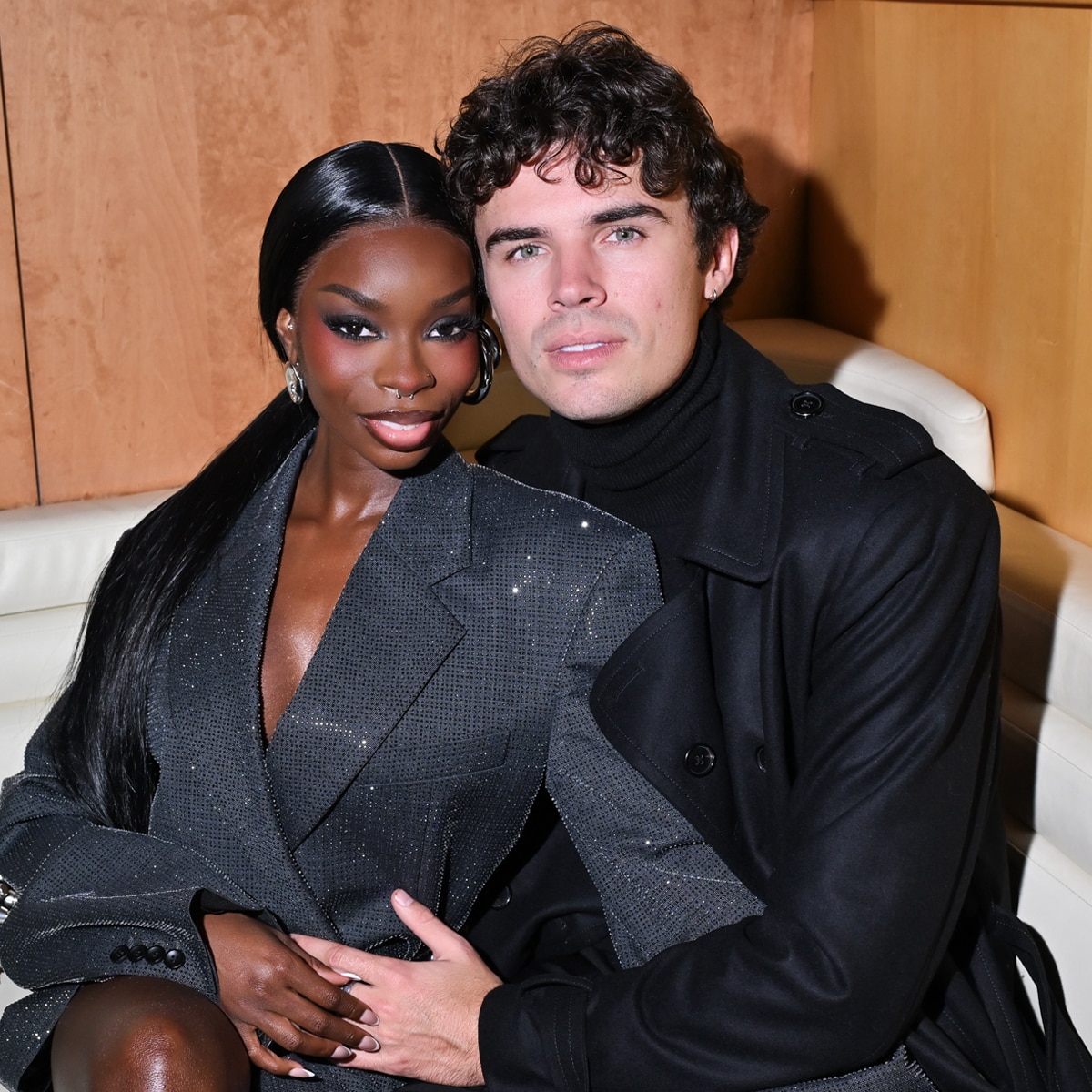Senior US official Kurt Campbell held meetings with members of eight ethnic groups in Rangoon yesterday as part of his two-day visit to Burma. The visit, the most high-profile of its kind in 14 years, is aimed at kick-starting dialogue between the US and Burma’s ruling junta. “We stressed that the 2010 elections, which would be based upon the 2008 constitution, were not the most important factor,” said Sai Lek from the Shan Nationalities League for Democracy (SNLD), adding that problems with the constitution need to be addressed first. “In order for stability, peace and democratic freedom in our country we must reveal the true needs of ethnic nationalities.” The SNLD came second in the 1990 elections behind Aung San Suu Kyi’s National League for Democracy (NLD) party. Its leader, Khun Htun Oo, was sentenced in 1995 to 93 years imprisonment on defamation charges. Other party representatives at the meeting with Campbell included the Arakan League for Democracy (ALD), Mon National Democratic Front (MNDF) and Zomi National Congress (ZNC). Aye Thar Aung, secretary of the ALD, said it would “be beneficial for the country” if the Burmese junta were to meet with ethnic representatives. “I told the US delegation that as for political parties inside Burma, it wouldn’t be good enough if the elections were only free and fair,” he said. “Our country and our people will be benefited only if the 2008 constitution is reviewed.” Critics of the junta have said that the constitution, ratified in the weeks following cyclone Nargis last May, appears to entrench military rule in Burma. Campbell reportedly asked representatives at the meeting whether they though the constitution was fair. Yesterday’s meeting marks an apparent change in junta policy that has so far attempted to keep Burma’s multiple ethnic groups at a distance from any political negotiation. Ethnic representatives were barred from meeting US senator Jim Webb during his trip to Burma in August. “The US delegation came to us to listen to what we wanted to say and collect data so we are at least hopeful,” said Pu Chin Sian Thang, chairperson of the ZNC. “We think, from what we have presented, there will be an outcome favourable to us.” Nov 5, 2009 (DVB)–Ethnic leaders in Burma yesterday urged the United States to include dialogue with ethnic groups as a key component of new US policy to Burma and future stability in the country.
Senior US official Kurt Campbell held meetings with members of eight ethnic groups in Rangoon yesterday as part of his two-day visit to Burma. The visit, the most high-profile of its kind in 14 years, is aimed at kick-starting dialogue between the US and Burma’s ruling junta. “We stressed that the 2010 elections, which would be based upon the 2008 constitution, were not the most important factor,” said Sai Lek from the Shan Nationalities League for Democracy (SNLD), adding that problems with the constitution need to be addressed first. “In order for stability, peace and democratic freedom in our country we must reveal the true needs of ethnic nationalities.” The SNLD came second in the 1990 elections behind Aung San Suu Kyi’s National League for Democracy (NLD) party. Its leader, Khun Htun Oo, was sentenced in 1995 to 93 years imprisonment on defamation charges. Other party representatives at the meeting with Campbell included the Arakan League for Democracy (ALD), Mon National Democratic Front (MNDF) and Zomi National Congress (ZNC). Aye Thar Aung, secretary of the ALD, said it would “be beneficial for the country” if the Burmese junta were to meet with ethnic representatives. “I told the US delegation that as for political parties inside Burma, it wouldn’t be good enough if the elections were only free and fair,” he said. “Our country and our people will be benefited only if the 2008 constitution is reviewed.” Critics of the junta have said that the constitution, ratified in the weeks following cyclone Nargis last May, appears to entrench military rule in Burma. Campbell reportedly asked representatives at the meeting whether they though the constitution was fair. Yesterday’s meeting marks an apparent change in junta policy that has so far attempted to keep Burma’s multiple ethnic groups at a distance from any political negotiation. Ethnic representatives were barred from meeting US senator Jim Webb during his trip to Burma in August. “The US delegation came to us to listen to what we wanted to say and collect data so we are at least hopeful,” said Pu Chin Sian Thang, chairperson of the ZNC. “We think, from what we have presented, there will be an outcome favourable to us.”








































.jpg)




























































